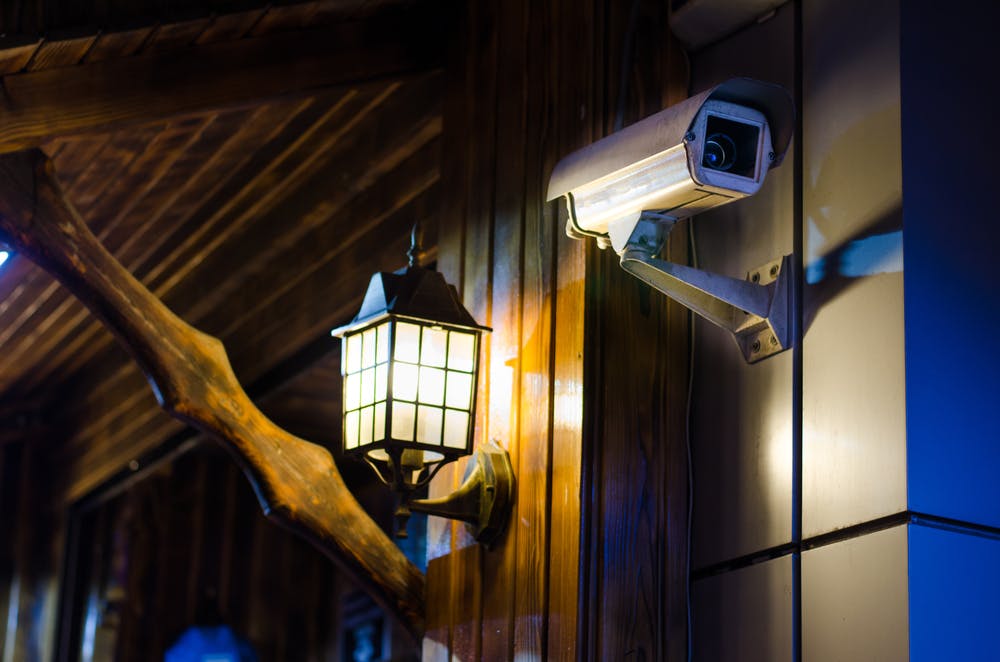At what point do the laws apply?
If your domestic CCTV system is positioned in such a way that the cameras only capture your private domestic property, then the laws do not apply.
According to the ICO, private domestic property is defined as: “It means the boundary of the property (including the garden) where you live.”¹
Therefore, if any footage is captured outside the bounds of your private domestic property, laws surrounding data protection will come in to effect.
The laws
When capturing footage outside the range of your private domestic property, data protection laws and GDPR will apply, as well as considering the privacy of those that could possibly be captured in this footage.
This does not mean that you cannot capture footage in these areas, as long as you comply with the following regulations:
· You must be prepared with a set of clear and justifiable reasons as to why you have set up a CCTV system that captures footage outside of your private domestic property, as you could be asked by anyone, including the ISO, your reasons behind your particular setup
· Displaying clear and legible signage letting people know that recording is taking place, and your reasoning behind this
· Only place your CCTV system in areas that are justifiable for achieving its desired justifiable purpose
· Not capturing more public footage than needed to achieve its desired justifiable purpose
· Deleting footage as soon as you no longer need it
· Ensure that the CCTV system is not open to misuse, from both those inside and outside of the private domestic property
· Responding to any requests from those who’s identifiable images you have captured, whether that be verbal or written. This involves responding within one month and provide them with a copy of said data. These requests are known as Subject Access Requests or SAR’s
· If the person that is identifiable in the footage and asks you to delete it, you must do so unless you need the footage for a genuine legal case and must inform them of this. Just like with SAR’s, this must be dealt with within a month
· If anyone objects to footage being captured of themselves or their property, you must take this into consideration and reconsider the positioning and/or location of your current setup and if you absolutely need to capture footage outside of your property boundary
Consequences of breaking these laws
If data protection laws and GDPR are not adhered to, domestic CCTV owners could face action from the ICO. This could result in either being fined directly by the ICO, or individuals who have had themselves or their property captured in footage seeking compensation.
However, if you are using domestic CCTV systems within the boundaries of your property or have a justifiable reason for using these systems outside of these boundaries, these penalties shouldn’t apply.

All of us like to feel a sense of security and safety within the boundaries of our homes, and CCTV systems can be a great way to achieve this. However, it is incredibly important to be aware of and follow these rules and regulations to ensure your security system doesn’t impact others unless absolutely necessary. If you’re looking to install or upgrade an existing domestic CCTV or surveillance system, you can browse our range here.
References:
Domestic CCTV systems – guidance for people using CCTV | ICO